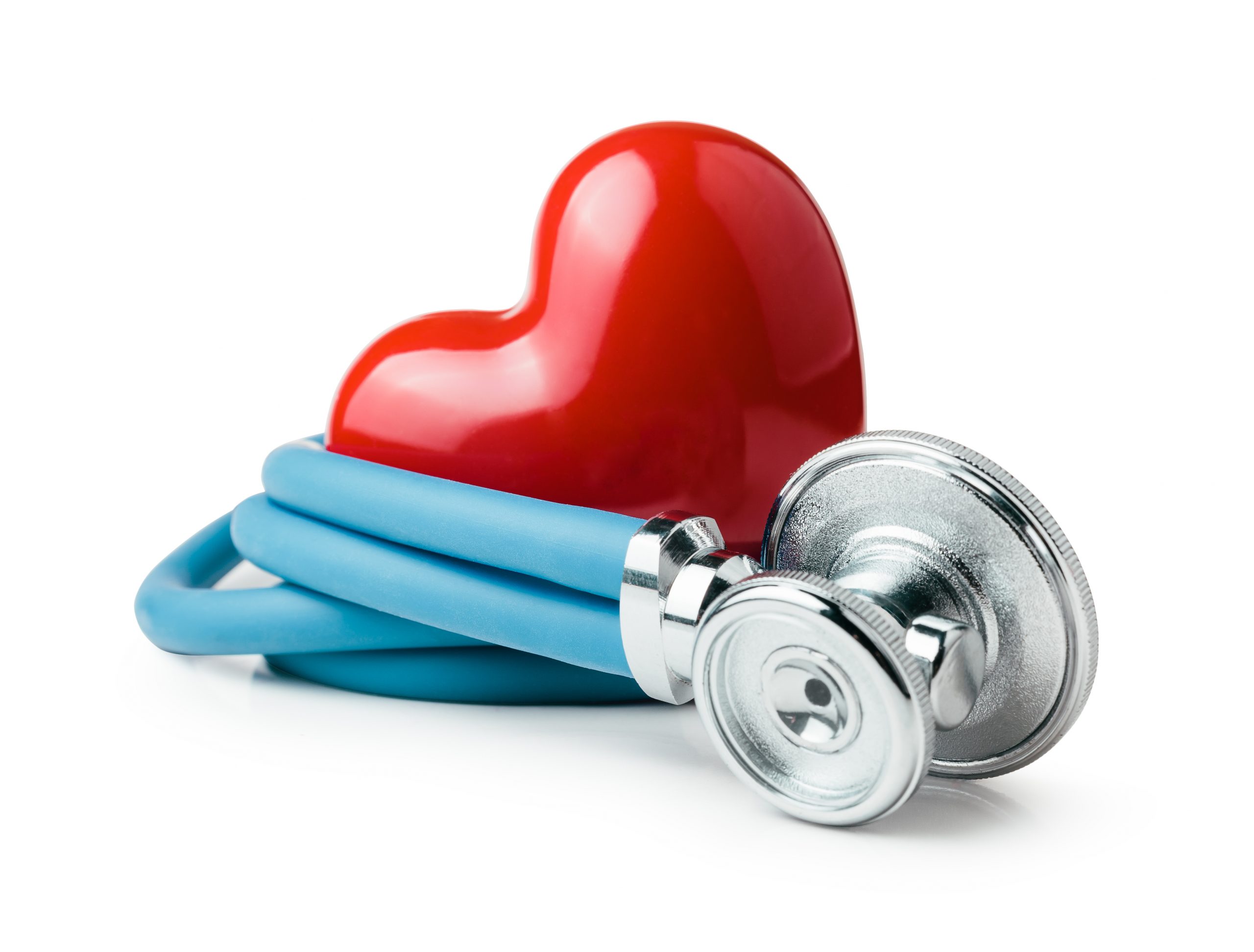I was having a routine check-up at my local surgery. There was a delay and as I sat idly in the waiting room I noticed there was a blood pressure machine in the corner. Not one of those rubber and plastic contraptions you strap around your arm, this one looked more sophisticated. It had a slot you put your whole arm in and it gave you a read-out straight away. It was either that or pore over some ancient copies of Hello Magazine that looked like they might be several decades out of date, so I stuck my arm in the slot and the verdict was delivered a few seconds later.
My blood pressure was dangerously high.
Consequently I went in to my appointment with a very slight but nonetheless real sense of dread.
It strikes me there are two responses to a situation like that, and they are very different in character, opposite in fact. One kind of person says “How lucky to have found out about this now, when I’m still fine and can do something about it, say by changing my diet or perhaps doing some physical exercise. I might even take a look at my lifestyle to see if I can reduce my stress levels. And if all else fails there’s medication. This is a wake-up call and I’m glad it’s happened.”
The other response is to take the negative view. “My body is giving out on me! I could drop dead any minute from a heart attack or stroke! If only I hadn’t ruined myself with overeating and alcohol abuse. Why didn’t I listen when they told me to cut down on cigarettes? I’ve brought this on myself. At best I’m looking at being on pills for the rest of my life and at worst … I’m done for.”
Admittedly I’ve chosen two fairly extreme reactions to make my point, but clearly each one of us falls somewhere between the two. And what do you notice about them? The second option, which is probably the more common in this over-anxious age, is looking backwards at the (at least partly imagined) causes of the problem. It’s too late. The damage has been done, and we know who to blame for that!
In contrast the first looks forward to what can be done, not with fear and dread but with optimism and a good feeling. In the first there is no blame. There is no judgement going on, no pointless self-loathing or self-pity.
… And in the second there is no hope.
Now we know that spiritually, emotionally and physically, our minds and bodies are intimately connected. The medical and scientific evidence is overwhelming that our psychological responses to any health issue have a direct bearing on how quickly we recover from it. In other words by dwelling on the negative, harbouring morbid thoughts about our own mortality or, worse, trawling through our past to find confirmation of our guilt and shame, we actually run a far higher risk of manifesting those very things we are scared of.
Back to my story…. The first thing the doctor did when he began his examination was take my blood pressure, and sure enough it was a little bit raised. I was surprised, not that it was raised but that it was only slightly raised, and I told him about the machine in the waiting room and its alarming read-out. The doctor laughed. “That machine is out of order, we’ve been meaning to get it fixed. Pay no attention to those numbers.”
I have to confess I felt relieved. “No wonder your pressure was high,” he added. He took another reading…
Normal.
All that pressure, and every bit of it thought-generated. What if we could take this simple lesson and apply it to other areas of our lives, like the pressure to earn more, the pressure to be a better parent, son or daughter, the pressure to work harder and always stay ahead of the game, in short the pressure to succeed in all we do?
How would our lives appear to us then?

